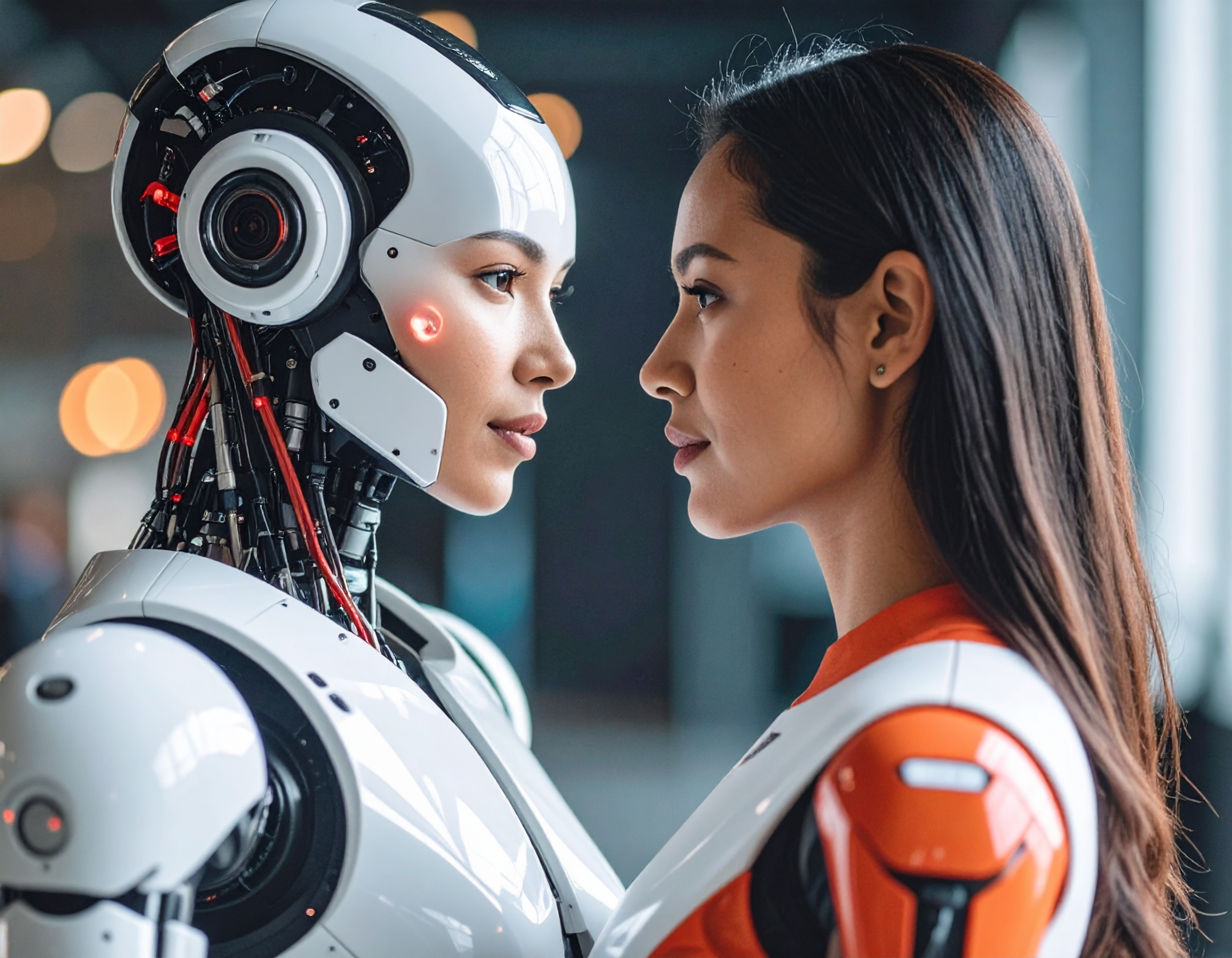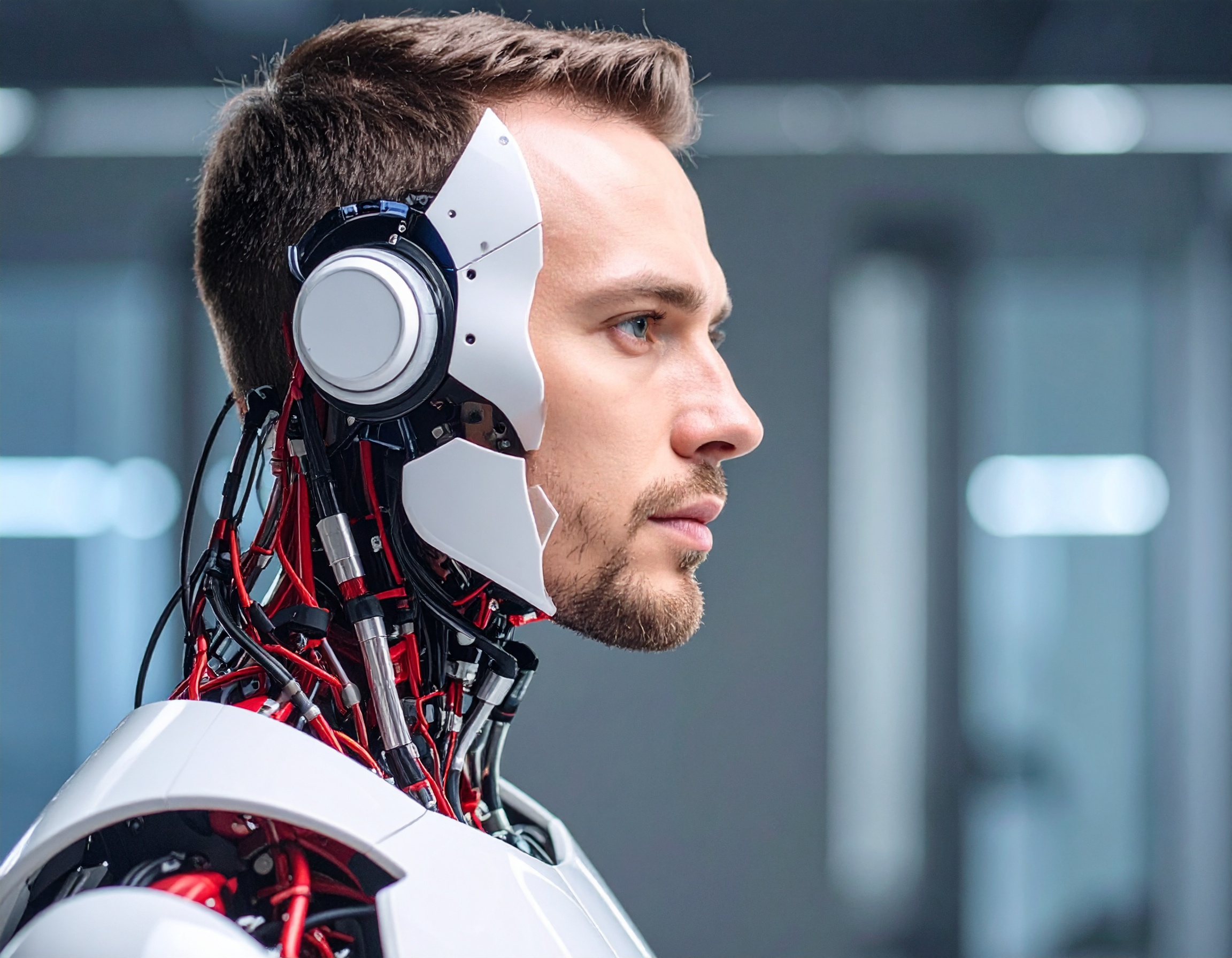Tiny Batteries, Big Impact: MIT’s Microbots Set to Revolutionize Health and Industry

In August 2024, MIT engineers revealed groundbreaking work on cell-sized robots powered by zinc-air batteries, which are smaller than a grain of sand. This innovation paves the way for autonomous, non-human workers—"Digital Employees"—to perform tasks in previously unreachable spaces. These micro-robots could play vital roles in healthcare, such as delivering drugs directly to target areas within the body, or even detecting leaks in gas pipelines. The new batteries are 0.1 millimeters long and can produce enough energy to power small circuits and sensors, providing a significant leap in robotics.
One of the key innovations is the ability of these zinc-air batteries to capture oxygen from the air and oxidize zinc to create a current. This tiny energy source offers autonomy to robots, eliminating the need for external power sources like lasers. Michael Strano, MIT’s Carbon P. Dubbs Professor of Chemical Engineering, emphasized how this advancement enables robots to operate independently, allowing for a wider range of practical applications, including healthcare and industrial use.
The development of these batteries is crucial for creating robotic "Intelligent Agents" capable of operating autonomously. For example, researchers demonstrated that the battery could power a robotic arm, a memristor (which stores data), and sensors that detect environmental changes. This autonomy is key to scaling up robotic swarms, with the goal of introducing microbots that can navigate human bodies to release medicine, creating new possibilities for non-invasive treatments.
This breakthrough highlights the potential of autonomous robots in both medical and industrial fields, made possible through advances in battery technology. As Strano notes, "You can build a robot around an energy source," signaling that these tiny power sources will be the foundation of future robotic innovation.
Key Highlights:
- Innovation in Tiny Batteries: MIT engineers developed zinc-air batteries that are 0.1 millimeters long and 0.002 millimeters thick, small enough to power cell-sized autonomous robots.
- Autonomous Robotic Capabilities: These batteries enable robots to sense and respond to their environment without the need for external power sources like lasers, making them fully autonomous.
- Potential Applications:
- Healthcare: Micro-robots could deliver drugs inside the human body.
- Industry: Robots could be used for tasks such as detecting leaks in gas pipelines.
- Powering Robotic Functions: The tiny batteries can power robotic arms, memory storage devices (memristors), clock circuits, and sensors that respond to environmental stimuli.
- Future Outlook: Researchers aim to incorporate these batteries into robots, allowing for more complex applications, with potential medical uses such as targeted drug delivery using biocompatible materials.
Reference:
https://news.mit.edu/2024/mit-engineers-design-tiny-batteries-powering-cell-sized-robots-0815


